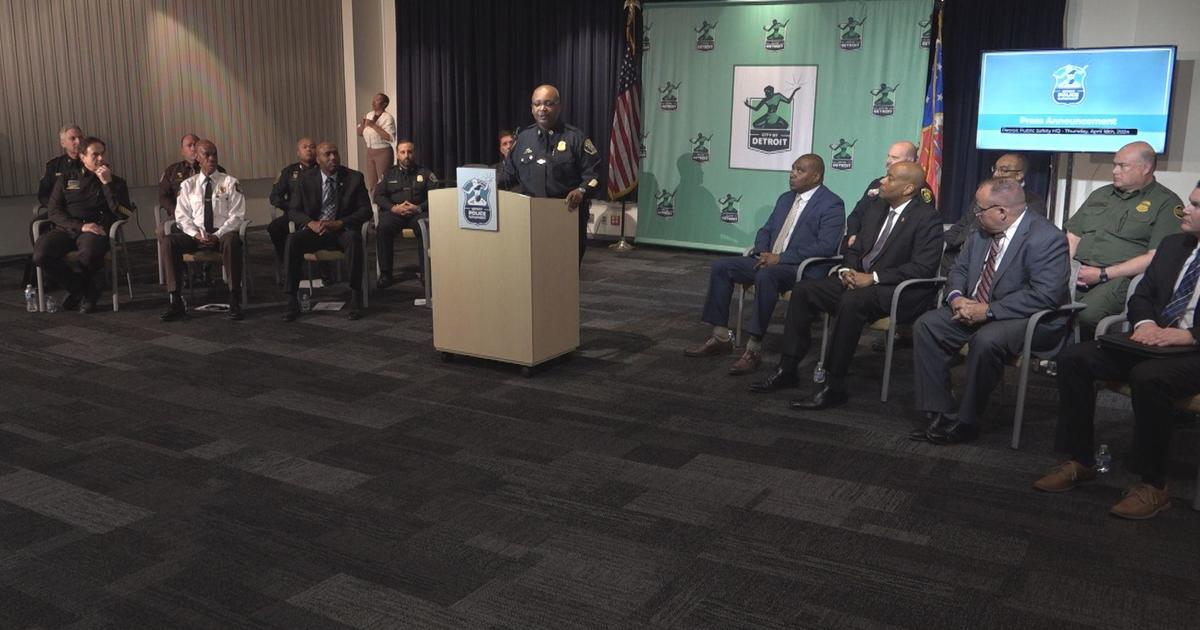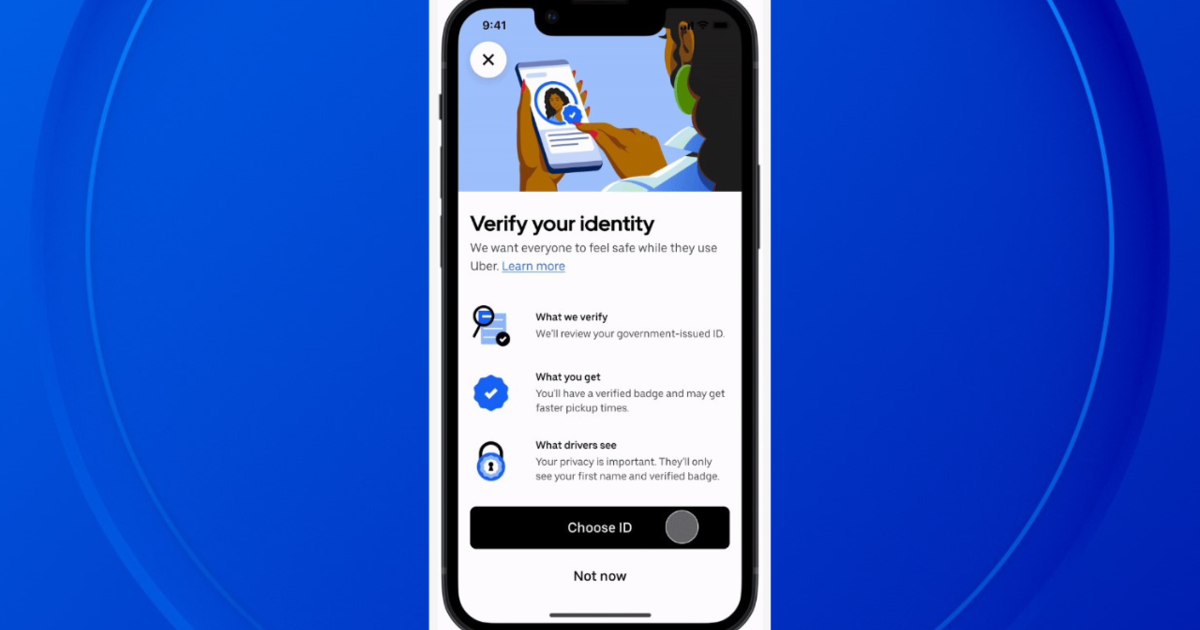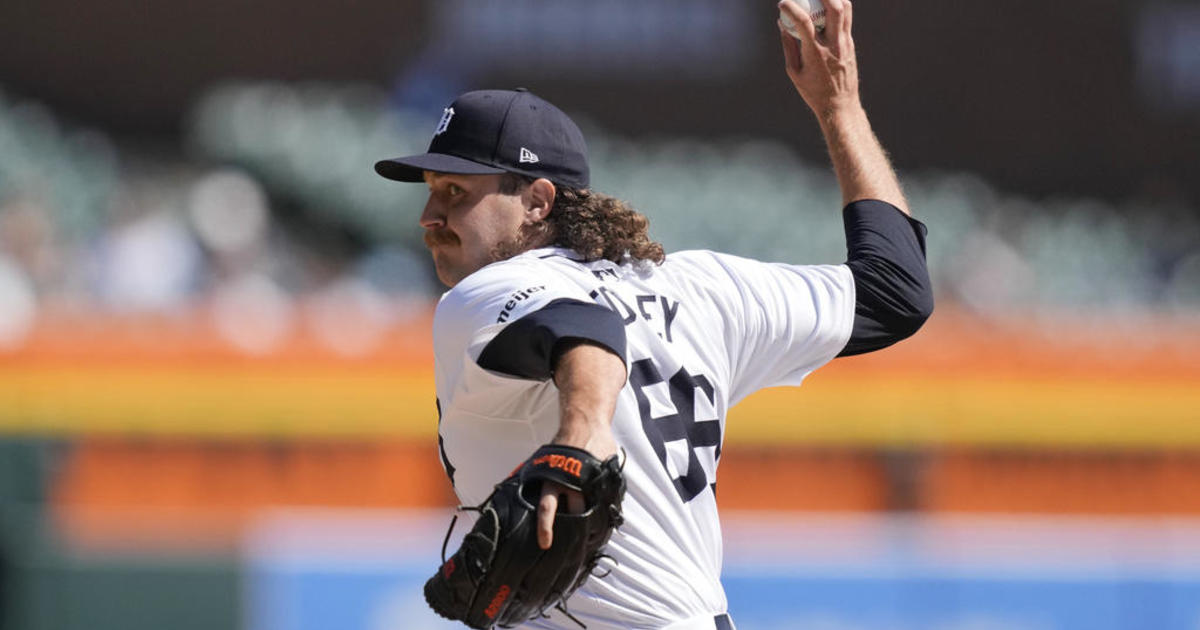Golden Tate Torn Between Football And Life After It
By Will Burchfield
Twitter: Burchie_kid
Golden Tate is torn.
On one hand, he is acutely aware of the concussion risks presented by football.
"It's something that goes through my head pretty frequently with all the research coming out," he said.
On the other hand, he is a proponent of one of the most dangerous plays in the game.
"I don't want to see [kick-offs] leave, but that's not my call."
In light of the continued evidence linking football to long-term brain damage – specifically CTE – kick-offs and kick-off returns have become a hot-button issue in the NFL. The nature of the play encourages vicious, high-speed collisions, leading to a litany of head injuries every year.
As a result, the NFL moved kick-offs up to the 35-yard line in 2011 in an effort to increase touchbacks. So far it's worked. In the 2010 season, just prior to the rule change, kick-offs were returned 80 percent of the time; last season, that number was down to 41 percent.
But the NFL isn't satisfied. There seem to be more safety measures on the horizon, namely moving touchbacks to the 25-yard line to further incentivize receivers to take a knee. And amidst all the tinkering and adjusting is the unshakable notion that, one day, the league will eliminate kick-offs altogether.
Tate isn't convinced that's such a good idea.
"When you eliminate kick-offs and eliminate kick-off returns, you're taking jobs from people, for one," he explained. "There's a lot of guys who made their dollars on special teams and that's an opportunity and then they worked their way up from special teams all the way up to being a [starter.] I think they're taking away jobs."
On top of that, Tate feels kick-offs provide the potential for game-altering plays.
"I understand the safety part of it, but that's hidden yardage. That could be a momentum change after a team scores and they kick off. If the receiving team takes it to the 40 or puts six on the board, that's momentum."
Tate brings an interesting perspective to the discussion. He has a long history of returning punts in the NFL, a similarly dangerous play to running back kicks. He was the Lions' primary punt-returner last season and would like to continue in that role in 2016.
"I love any time I can get the ball in my hands. It's another opportunity for me to do something special, help the offense get a first down or maybe even take one to the house. It's just another opportunity.
I'd like to be on punt return," he added. "I enjoyed it."
Tate wants to help this team win. He is hungry to return to the playoffs.
"That's where it's going to start and finish for me," he said.
And yet his whatever-it-takes mentality seems to be restrained by concerns for his long-term health. It's a dilemma facing most of today's NFL players, who must weigh life after football against their love for the sport.
"We need to think about what's more important: this five or ten years that we play football or being able to go to the park with your kids, being able to remember your kid's birthday," Tate said.
Tate, 27, is entering his seventh NFL season. He says he is more conscious of protecting himself than he once was, aware that hits to the head can reverberate for years to come.
"When I started the game I didn't understand what could happen in the future. I thought a concussion meant you just couldn't remember a few things for a few days and then you're back to normal. But now there's so much research out there that shows that it can hurt you in the future. I think right now I gotta learn to play a little bit smarter, still play tough, play hard, but really try to protect my head best I can."
Tate said he made a concerted effort in this vein in 2015. And while he cut down on the number of helmet-to-helmet collisions, he absorbed multiple blows to the head while crashing to the ground. It's a reminder that regardless of precaution, football remains an inherently violent sport.
"In a perfect world," Tate said he'd like to play eight or nine more seasons in the NFL. That's assuming he can stay healthy, of course, a proposition that's hardly guaranteed on the gridiron. And Tate grasps his own mortality in a league where careers are claimed by the day.
"That's one thing I pray for every night, is health, to be able to get up out of the bed and go to work every day. It's a blessing," he said. "There's a lot of guys who haven't made it this far, so it's an incredible blessing to be here."
Nothing is promised in football (well, guaranteed money aside). Injuries can strike as suddenly as lightning. Roster spots can be lost in a flash. It is a glamorous lifestyle but a transient existence, a water-front mansion built on an eroding beach. A single hurricane can wipe it all away.
But life goes on after the storm.
"I think we need to understand that if you take the football part away and just think about everyday life, we're still going to live another 50, 60 years," Tate said.
He means that, means every bit of it. He is not blind to the bigger picture. But he is also a competitor.
So when he lines up to field a punt late in a tie game this season, and the ball sails his way, and the gunners charge toward him, and his world caves in, don't expect Tate to wave his hand in the air and call for a fair catch.
In the heat of the moment, the future can wait.
"Any time I get the ball in my hands," he said, "my eyes are going to light up."



